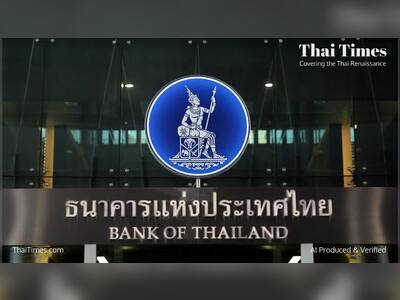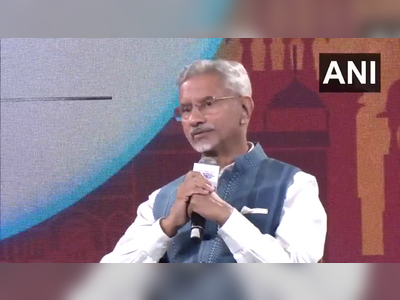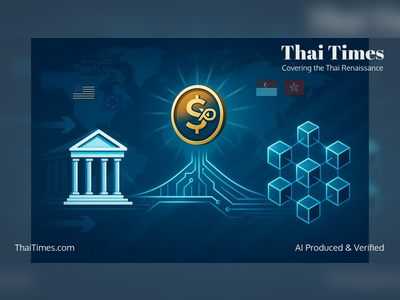0:00
0:00
BRICS to Establish Guarantee Fund Aimed at Boosting Investments
The new initiative is designed to enhance investment flows among member nations amidst evolving global economic conditions.
BRICS countries, during Brazil's presidency of the group, are set to launch a guarantee fund aimed at bolstering investment within member nations.
This initiative draws inspiration from the World Bank's Multilateral Investment Guarantee Agency (MIGA) and is intended to respond to shifting global investment patterns influenced by uncertainties surrounding United States economic policies.
The guarantee fund is expected to feature prominently in a joint declaration at the upcoming BRICS summit in Rio de Janeiro next week.
According to sources familiar with the initiative, the fund has already received technical approval from the member countries, with only the final endorsement from BRICS finance ministers pending.
Brazil's Ministry of Finance has declined to comment on the developments regarding the fund.
Technical groundwork for the fund is anticipated to be finalized by the end of the year, with an aim for a pilot project to receive investment guarantees by 2026.
Notably, the establishment of this guarantee fund does not necessitate any additional capital contributions from BRICS members.
Instead, it plans to leverage existing financial resources from the New Development Bank (NDB) to support various projects in developing nations.
While the initial capital of the fund has not been disclosed, it is estimated that every US$1 guaranteed by the NDB could potentially attract between $5 and $10 in private sector investment for each approved project.
This dynamic underscores the fund's capacity to invigorate and expedite investments in critical projects, particularly in developing countries.
The NDB's resources will serve as a form of "creditworthiness certificate," enhancing investor confidence and reducing perceived financial risk.
The guarantees issued by the NDB are anticipated to offer substantial benefits, as the bank enjoys a higher credit rating than most of its BRICS counterparts, thereby diminishing risk for potential investors in these initiatives.
Sources have described the initiative as a politically significant instrument for guarantees, expressing that it conveys a message of BRICS's proactive stance in finding solutions and responding to current global economic challenges.
Historically, BRICS nations have encountered obstacles similar to those faced by many developing countries, particularly in attracting substantial private sector investment in key sectors such as infrastructure development, climate resilience, and sustainable growth.
This initiative draws inspiration from the World Bank's Multilateral Investment Guarantee Agency (MIGA) and is intended to respond to shifting global investment patterns influenced by uncertainties surrounding United States economic policies.
The guarantee fund is expected to feature prominently in a joint declaration at the upcoming BRICS summit in Rio de Janeiro next week.
According to sources familiar with the initiative, the fund has already received technical approval from the member countries, with only the final endorsement from BRICS finance ministers pending.
Brazil's Ministry of Finance has declined to comment on the developments regarding the fund.
Technical groundwork for the fund is anticipated to be finalized by the end of the year, with an aim for a pilot project to receive investment guarantees by 2026.
Notably, the establishment of this guarantee fund does not necessitate any additional capital contributions from BRICS members.
Instead, it plans to leverage existing financial resources from the New Development Bank (NDB) to support various projects in developing nations.
While the initial capital of the fund has not been disclosed, it is estimated that every US$1 guaranteed by the NDB could potentially attract between $5 and $10 in private sector investment for each approved project.
This dynamic underscores the fund's capacity to invigorate and expedite investments in critical projects, particularly in developing countries.
The NDB's resources will serve as a form of "creditworthiness certificate," enhancing investor confidence and reducing perceived financial risk.
The guarantees issued by the NDB are anticipated to offer substantial benefits, as the bank enjoys a higher credit rating than most of its BRICS counterparts, thereby diminishing risk for potential investors in these initiatives.
Sources have described the initiative as a politically significant instrument for guarantees, expressing that it conveys a message of BRICS's proactive stance in finding solutions and responding to current global economic challenges.
Historically, BRICS nations have encountered obstacles similar to those faced by many developing countries, particularly in attracting substantial private sector investment in key sectors such as infrastructure development, climate resilience, and sustainable growth.











